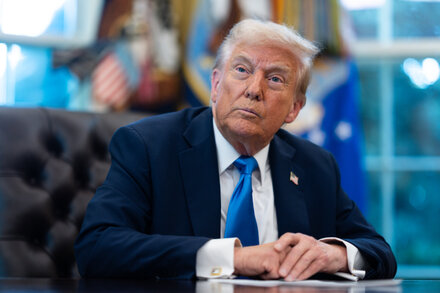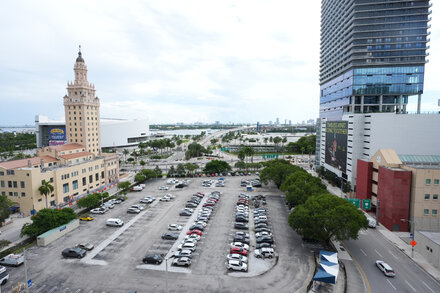Concerns are mounting that former President Donald Trump’s persistent and forceful public attacks against former FBI Director James Comey could inadvertently undermine any potential legal proceedings or investigations targeting Comey. Legal experts and former Justice Department officials are increasingly raising questions about whether the former president’s rhetoric might taint the perception of impartiality, potentially complicating efforts to secure convictions or even pursue a case.
For years, Mr. Trump has vocally accused Mr. Comey of various wrongdoings, including leaking classified information, lying under oath, and orchestrating a politically motivated investigation into his 2016 presidential campaign’s ties to Russia. These accusations have often been accompanied by calls for Mr. Comey’s prosecution.
The Justice Department has, at various times, reviewed aspects of Mr. Comey’s conduct, particularly concerning his handling of the investigation into Hillary Clinton’s emails in 2016 and the origins of the FBI’s inquiry into Russian interference. While some reports from the department’s Inspector General have been critical of certain aspects of Mr. Comey’s actions, they have not led to criminal charges.
Potential for Undercutting a Case
Legal analysts suggest that Mr. Trump’s well-documented public animosity towards Mr. Comey could present significant challenges for any future prosecution. Defence attorneys could argue that any charges brought are politically motivated, rather than based purely on legal merit.
“When a figure as prominent as a former president repeatedly calls for someone’s head, it creates an undeniable impression of political vindictiveness,” said Eleanor Vance, a former federal prosecutor. “It makes it incredibly difficult for the Justice Department to argue that a prosecution is purely objective and non-political. The optics alone could be fatal to a case, especially when trying to seat an impartial jury.”
Such arguments could lead to motions to dismiss charges, claims of selective prosecution, or even challenges to the integrity of the grand jury process if it’s perceived to have been influenced by political pressure.
History of Public Attacks
Mr. Trump fired Mr. Comey in May 2017, later stating in an interview that he had “this Russia thing” in mind when he made the decision. Since then, he has frequently used social media and public appearances to denounce Mr. Comey.
“Crooked Comey is a disgrace to the FBI and our country. He lied, he leaked, and he should be in jail!” Mr. Trump stated in a recent social media post, echoing years of similar sentiments. “They want to get me, but the real criminals like Comey walk free. We need justice!”
This consistent public pressure raises concerns among legal scholars about the perception of prosecutorial independence, a cornerstone of the American justice system.
“The principle of equal justice under the law requires that prosecutions be initiated based on evidence and legal standards, not political grudges,” commented Dr. Arthur Prentiss, a constitutional law expert. “When a former president so overtly demands the prosecution of a political adversary, it risks turning the Department of Justice into a tool for political retribution, eroding public trust in its impartiality.”
While the Justice Department operates independently of the White House, the sheer volume and intensity of Mr. Trump’s attacks may create a pervasive environment that makes it difficult to insulate any potential prosecution from claims of political influence.
Source: Read the original article here.





